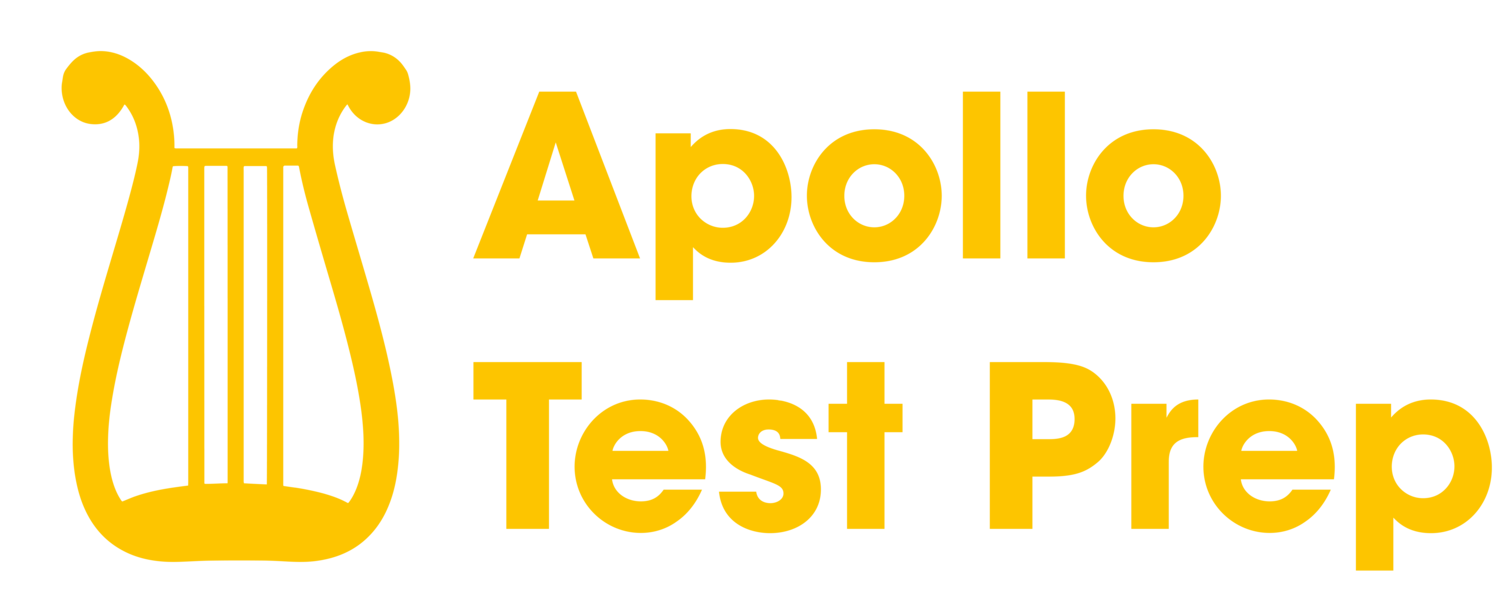LSAT Explanation PT 33, S3, Q11: Some people claim that the reason
LSAT Question Stem
The argument depends on the assumption that
Logical Reasoning Question Type
This is a Necessary Assumption question.
Correct Answer
The correct answer to this question is C.
LSAT Question Complete Explanation
The question type for this problem is Necessary Assumption, which means we need to identify an assumption that the argument relies on for its conclusion to be valid.
Let's first analyze and summarize the argument in the passage:
1. Some people claim that herbs are not prescribed as drugs by licensed physicians because their medical effectiveness is in doubt.
2. No drug can be offered for sale without regulatory-agency approval (Premise).
3. It costs about $200 million to get regulatory-agency approval for a drug (Premise).
4. Only the holder of a patent can expect to recover such large expenses (Premise).
5. Herbs themselves and their medicinal uses cannot be patented (Premise).
6. Therefore, under the current system, licensed physicians cannot recommend the medicinal use of herbs (Conclusion).
The structure of the argument involves refuting the claim made by some people in point 1 and providing an alternative explanation for why herbs are not prescribed as drugs. The author's conclusion is based on the premises that herbs cannot be patented, and thus, cannot be sold or recommended by physicians.
An "Evaluate" question for this argument could be: "Can a licensed physician recommend the medicinal use of an herb that is not offered for sale as a drug?"
Now, let's discuss the answer choices:
a) The medical ineffectiveness of many herbs as treatments for specific illnesses or conditions is well established.
- This answer choice supports the counter-argument that the author is trying to discredit. The author's argument does not rely on the assumption that herbs are medically ineffective; instead, it provides an alternative explanation. Therefore, this answer choice is incorrect.
b) The only time a substance is properly used as a drug is when it is prescribed as a drug by a licensed physician.
- This answer choice is outside the scope of the argument and not something the author relies on in making their conclusion. It is irrelevant to the author's main point, so this answer choice is incorrect.
c) A licensed physician cannot recommend the medicinal use of an herb unless that herb is offered for sale as a drug.
- This answer choice correctly identifies the missing link between the premises and the conclusion. The author's conclusion is valid only if we assume that licensed physicians cannot recommend something that isn't offered for sale. The logical opposite of this assumption would indeed weaken the argument. Therefore, this answer choice is correct.
d) Some other substances, besides herbs, are not available as drugs because the illnesses they could effectively treat are too uncommon to allow those substances to be marketed profitably as drugs.
- Non-herb substances are irrelevant to this argument. This answer choice introduces new information that doesn't affect the author's conclusion or premises. Therefore, this answer choice is incorrect.
e) The cost of medical care would be substantially reduced if faster ways of obtaining regulatory-agency approval for new drugs could be found.
- The cost of medical care is irrelevant to this argument. The author's argument focuses on the reasons why licensed physicians cannot recommend the medicinal use of herbs, not on the cost of medical care. Therefore, this answer choice is incorrect.
In conclusion, the correct answer choice is (c), as it identifies the necessary assumption that the argument relies on for its conclusion to be valid.
